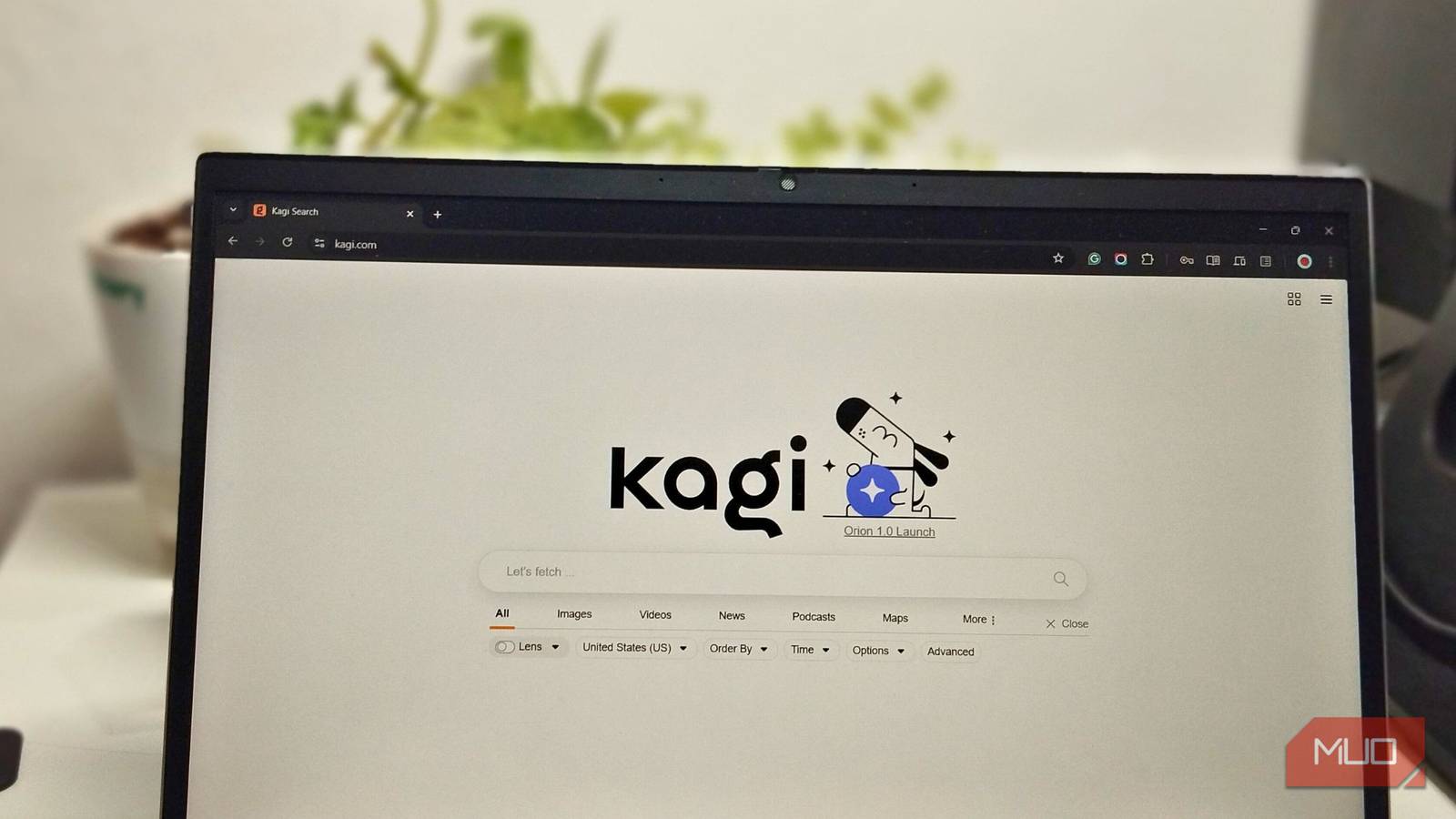
"I switched my browser's default search engine from Google to Kagi, a paid service that can cost up to $10 a month. Yes, paying for something Google offers for free felt strange at first, but Google's search results had gotten bad enough that I was willing to try alternatives. I'd heard about private search engines that let you explore the web without tracking, and Kagi often came up in discussions."
"I got used to scrolling past the first three or four results on Google, since most of the time they were ads. But it got bad. The AI Overview feature sometimes returns results that are partly irrelevant to my search. I'd ask a technical question, only to get a summary that misses key details. Below the AI Overview are SEO-optimized blog posts stuffed with keywords and introductions that rarely get to the point."
"I searched for a specific error code while fixing a Windows issue, and Google showed me the blog posts that explained what the error was (which I already knew). I had to dig through the bottom of the page to find a forum post with the solution. When I searched for top-rated PC software, the first few results were ads that Google makes money from and keeps you clicking."
The browser's default search engine was switched from Google to Kagi, a paid service costing up to $10 per month. Google search results increasingly returned ads, SEO-optimized posts, and AI Overview summaries that sometimes omitted key technical details. Many searches required adding "Reddit" or digging into forum threads to find practical solutions. Kagi delivers cleaner, more relevant results and stronger personalization, with subscription tiers offering unlimited or limited monthly searches. The paid model reduces reliance on ad revenue and SEO incentives, improving result relevance and reducing spam for users seeking concise, practical answers.
Read at MUO
Unable to calculate read time
Collection
[
|
...
]